Living sustainably is harder than it looks
Two very different lives, one urgent shared challenge: to take concrete steps towards more sustainable daily choices.
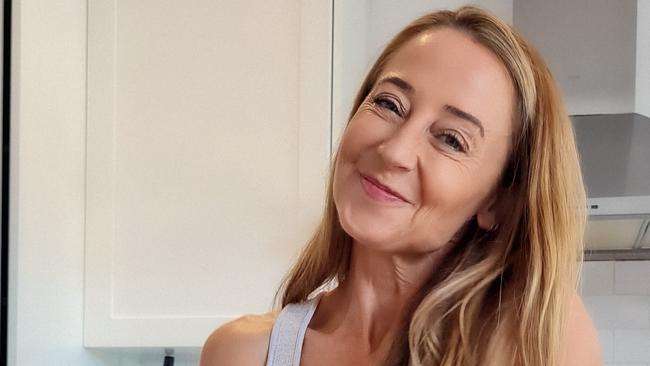
Uber-eating teens and a gas-guzzling horsey habit
By Eugenie Kelly
Vowing to adopt a more sustainable lifestyle in December is comparable to starting a juice cleanse on Easter Sunday. Tough. I thought the hardest decision I’d need to make would be a real versus fake Christmas tree. But the motivation and effort to behave sustainably – I’m ashamed to admit it – proves trickier than I presumed. Lack of knowledge isn’t the problem. It’s the letting go of old habits and the psychological barrier of learning new systems. But baby steps …
I download the One Small Step app to gauge where I’m at and turns out my carbon footprint has me emitting 9674 kilograms of carbon dioxide equivalent (CO2e) every year. My goal is to meet the UN’s goal of two tonnes per person per year. Like many families with two kids and two working parents, our over-scheduled timetable has led to some bad habits.

Timesavers, I call them, but in truth, I think we’re just lazy. I routinely cram washing into the dryer. My commitment to cooking has been lax to say the least, so my teens Uber-eat everything, regularly summoning bubble tea and caramel lattes to our door. And I drive a diesel four-wheel-drive huge distances along freeways almost daily, just to say hello to my horse stabled on the outskirts of Sydney. The shame. It’s palpable.
The app declares me a red hot mess – in bushfire terms, I’m a “catastrophic” – but no judgment here; it spits out a game plan in an approachable and upbeat tone and I get to work.
The app challenge with the most significant impact is Green Finance: 1708 kilograms CO2e or 78 trees. Bank Australia is ranked best environmental financial as it doesn’t lend money to the fossil fuel industry, invests in renewables and is carbon neutral … but we’ve got direct debits, mortgages and credit cards and setting up new bank accounts is life-admin stuff that gets shoved to the bottom of my to-do list. Groan. I’m also told to switch to fossil fuel-free super which is even more of a brain drain. This is serious stuff, and my husband schedules time in the calendar to discuss it. Nothing achieved, but at least there’s a date in my diary.
Instead I head to Bunnings to invest in a food composter. Saving food waste from landfill and turning it into nourishment for my garden sounds simple enough. The app tells me I’ll save 239 kilograms CO2e per year if I can keep it up and the bucket is stored under the sink, so it seems an easy habit to adopt. Eight per cent of greenhouse gases are caused by food waste so if we all did it, the effects (4.4 million tonnes of C02) are on par with taking one in four cars off the road.
I’ve pledged to shop plastic-free so ditch the supermarket, diverting instead to Naked Foods, a small zero-waste chain. I leave with $32 worth of Rolls-Royce-standard granola and a brown paper bag containing $15 in dark chocolate-covered freeze-dried strawberries. Back to Woolworths.
Into the trolley goes recycled toilet paper and paper towels. I’m committed to reducing our beef and lamb consumption to 50 grams per person per day so instead look for low-carbon-footprint proteins such as kangaroo and mussels and try not to think of all the Uber Eats McDonald’s orders sure to be placed from my girls’ bedrooms nightly this week as a result. Dairy is out, ditched in favour of almond and oat-milk options along with coconut yoghurt (Gawd, the calories). Anything containing palm oil also gets kicked to the kerb. Palm-oil derivatives are often sneakily disguised under other names though. Google it. It’s worth knowing.
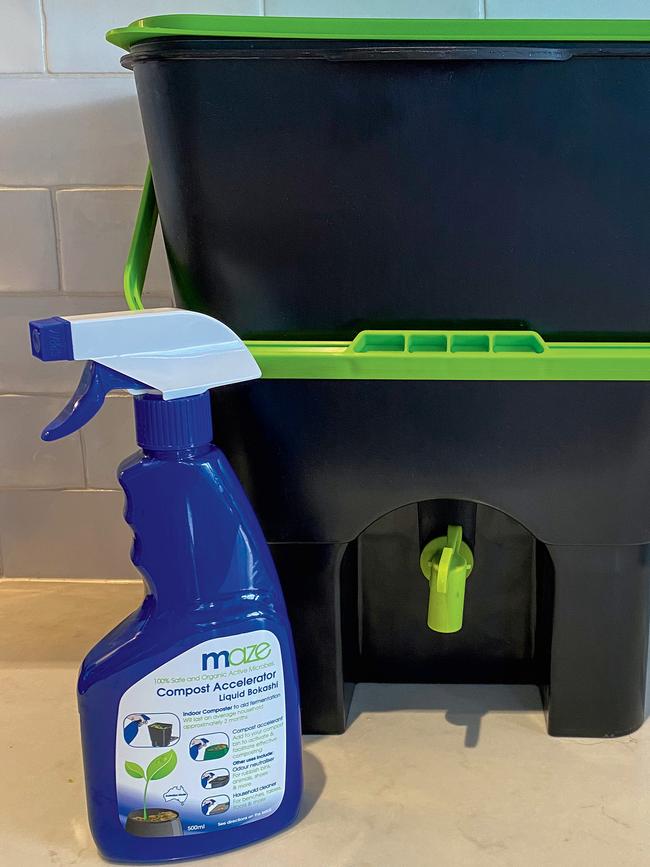

Christmas gifts take on an experiential flavour: Justin Bieber tickets. Pilates memberships. Charity donations. But I still need things to unwrap: a new skincare range, Conserving Beauty, that’s formulated without water and partners with SeaTrees to plant a mangrove for every sign up or purchase. Sent Candles: 100 per cent soy wax (less soot), certified wood wicks and recyclable cans. And anything from Bassike. Last year the local label picked up the Australian Fashion Laureate’s Sustainable Innovation Award for their circular design approach, so I know they’re respectful to both earth and community. Good vibes all round.
Granted, with hindsight, recording these action feels insignificant but shifting towards a more sustainable lifestyle requires different levels of effort. Some choices have an enormous impact: our banking and super choices, for instance. Others – such as downloading the app – aren’t sustainable, but isn’t education a sustainable action in itself?
THE NEW GREEN ECONOMY
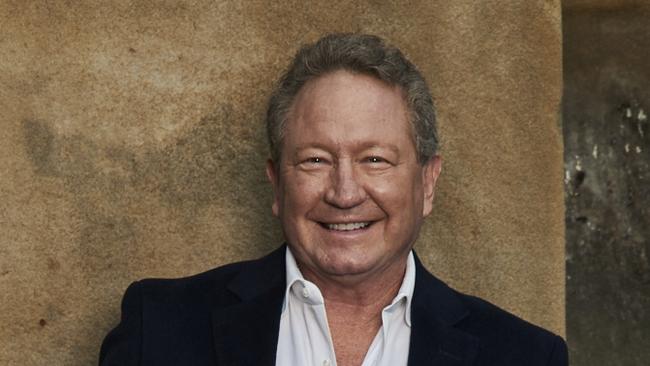
Twiggy’s green ambition put to the test
Andrew Forrest is convinced his ambitious green hydrogen plans are a key plank in the battle against global warming. But can the iron ore billionaire pull off the ultimate pivot?
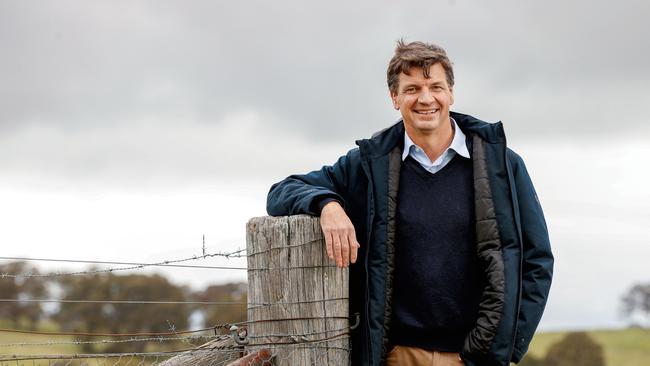
‘Cats can be herded if there’s a clear goal’: Angus Taylor
The government’s position on climate change is built on respect, says Industry, Energy and Emissions Reduction Minister Angus Taylor.
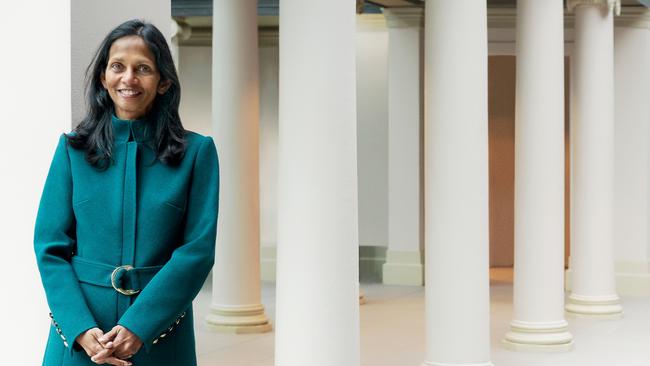
‘It’s our responsibility to be the adults’: Wikramanayake gets real
In a rare interview the Macquarie Group chief reveals its highly calculated approach to renewables investment and the discussion with her teenagers that crystallised the need to take action.
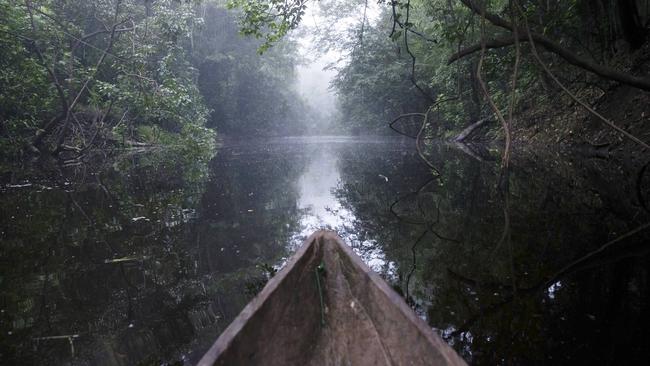
Is nature really at the centre of the ‘green dream’?
Looking after the land makes sense but in the end, someone has to pay. Good intentions will only go so far.
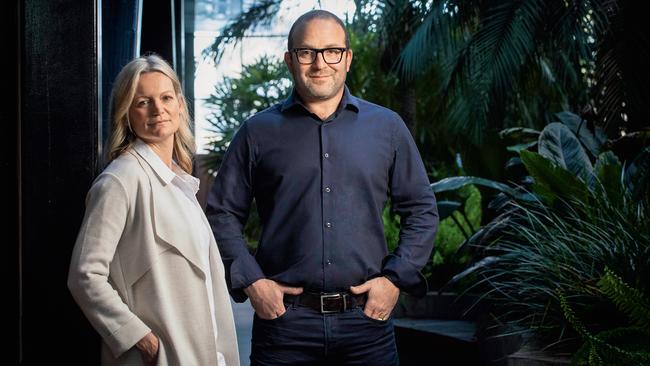
Rich-listers embrace climate shift
It’s no longer a question of choosing profit over planet. A new generation prioritises impact investing to retrain focus of their family wealth on a climate positive yet lucrative future.
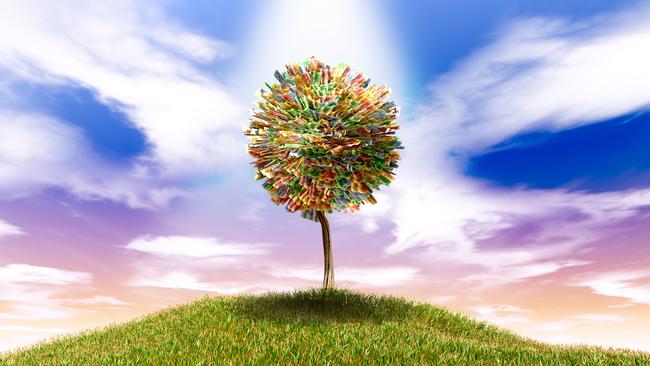
Why climate change is a business opportunity
The transition to carbon neutrality will require trillions. For the financial sector this means not just the opportunity to fund the future, but to profit from it.
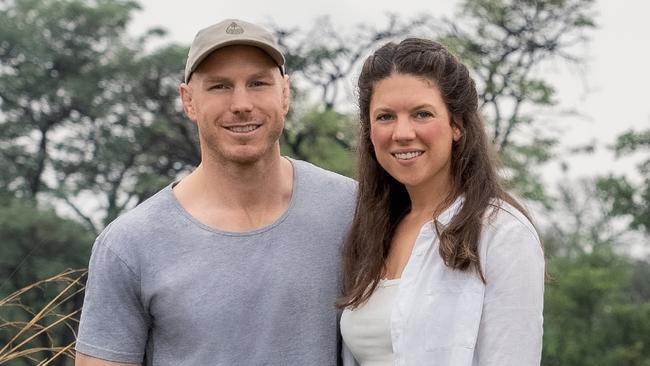
Rugby great takes climate fight to Canberra
David Pocock and wife Emma are playing to win with their commitment to turn talk into action on environmental issues.
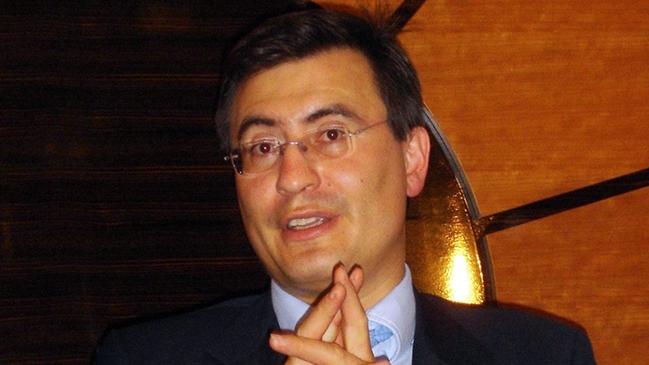
Billionaire piles pressure on big Aussie polluters
Australia’s enormous resource companies are on notice as a new breed of emboldened financial agitators take an aggressive – and often effective – stance on climate accountability.
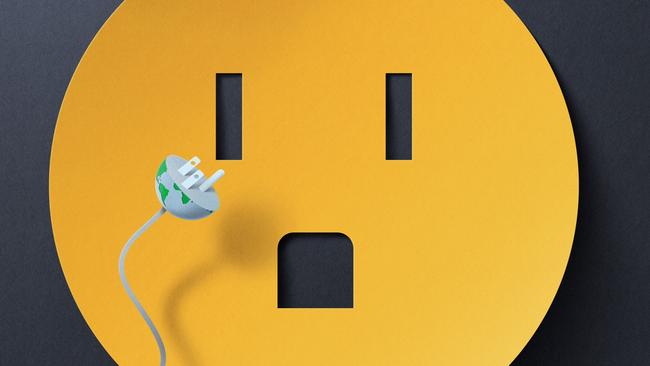
Could your car power your house one day?
A reality where the energy stored in your car is plugged in to electrify your home edges ever closer.
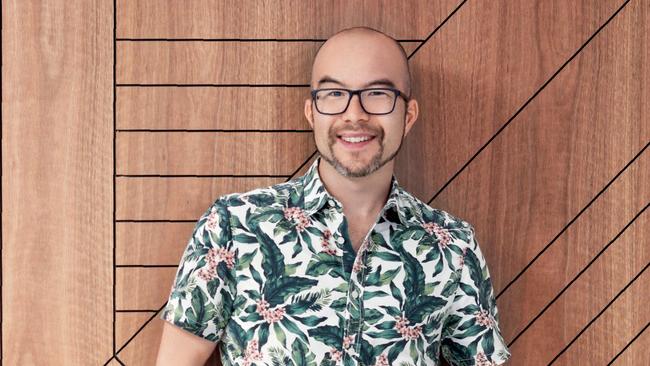
Cameron Adams on being a DJ loving climate warrior
Decisive action on climate matters as much as taking democratised design to the world for the co-founder of tech heavy-hitter, Canva.
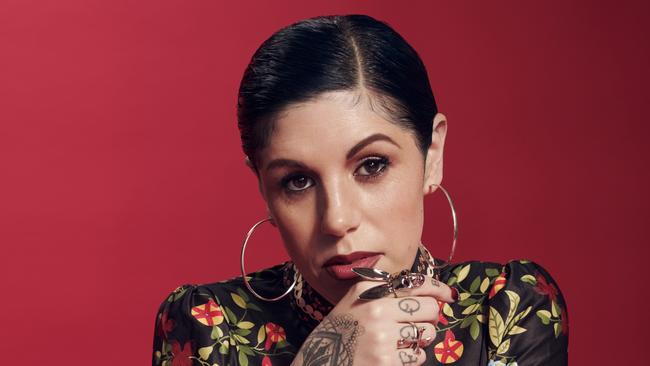
The Australian names to know in sustainable food and wine
From the man behind Sydney’s fish eatery Saint Peter to a self proclaimed meat-eating vegan, these Australians know a thing or two about sustainable food and wine.
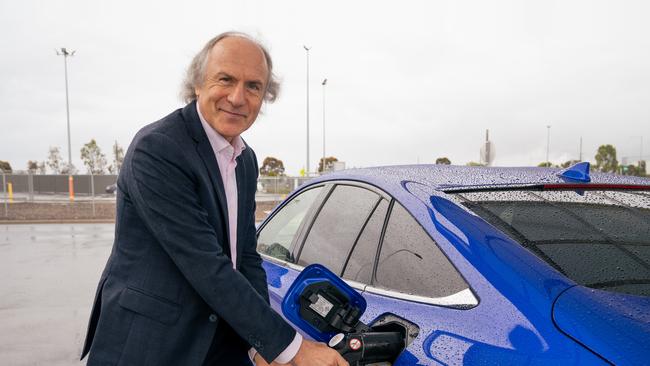
Alan Finkel: ‘Technology is enabled by government’
Now is the moment as government, industry, technology and communities embrace both the urgency and practical reality of emissions reduction.
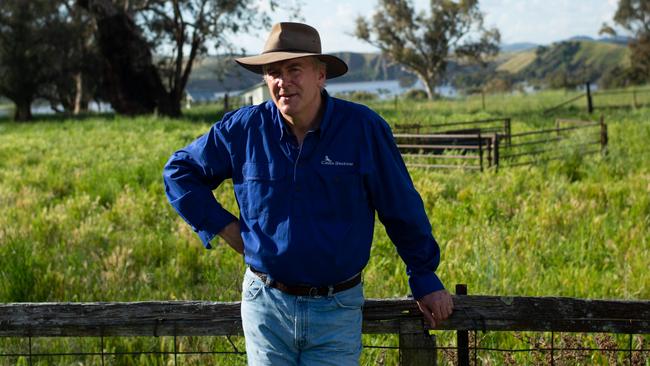
Climate solution may lie beneath our feet
One answer to the global emissions question is right beneath our feet, says newspaper publisher turned commercial cattle farmer Alasdair MacLeod.

Is this the cure for electric vehicle range anxiety?
Does the idea of electric vehicles give you range anxiety? Car companies have a cure for that, and it’s called a “PHEV”.
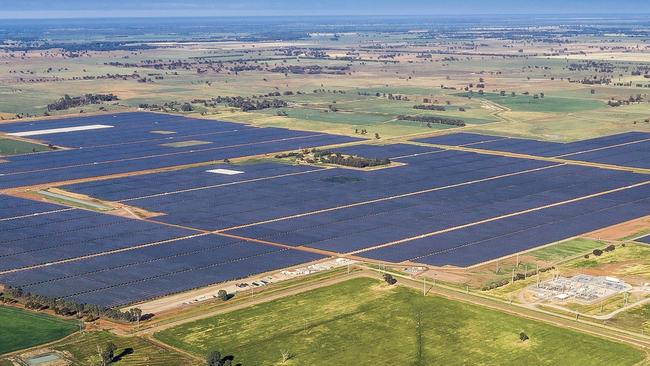
Solar plan set to shine
Australia’s appetite for solar continues to surge, driving everything from households and electric vehicles to mining projects seeking a cleaner future.
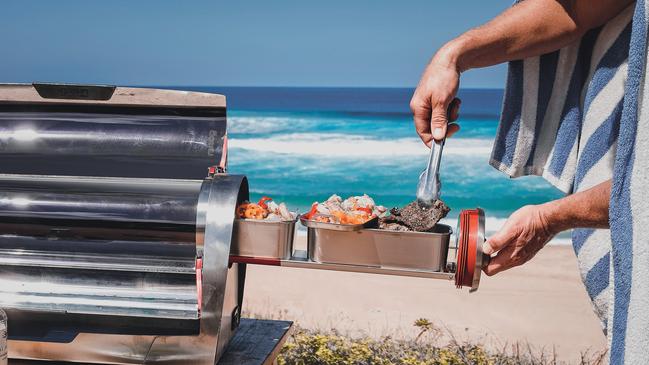
Six boundary-pushing tech innovations
From a solar-powered outdoor oven to robotic lawnmowers, the latest in green technology sets you up for a future-facing daily life.

Can an office be sexy … and sustainable?
A leading design studio experiments with sustainability by stealth at their innovative – and sexy – Sydney HQ.
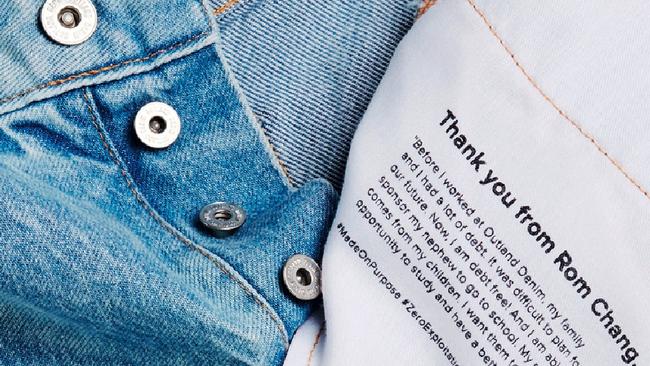
The Australian denim brand leading the charge
Start unpicking the fashion industry and the cost to climate is clear. But Queensland’s Outland Denim is determined to break the pattern.
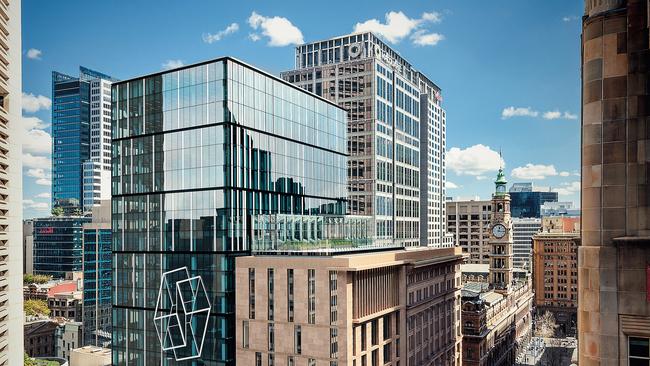
Sky’s the limit: Inside Australia’s greenest buildings
Concern for the environment and employees alike is at the heart of these top four sustainable, and awarded, new commercial spaces. SEE THE PICTURES
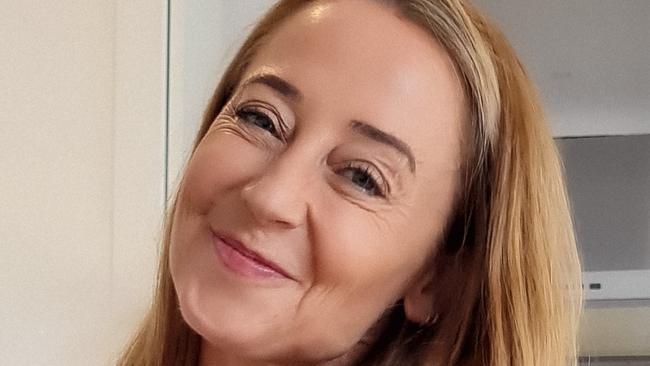
Living sustainably is harder than it looks
Two very different lives, one urgent shared challenge: to take concrete steps towards more sustainable daily choices.
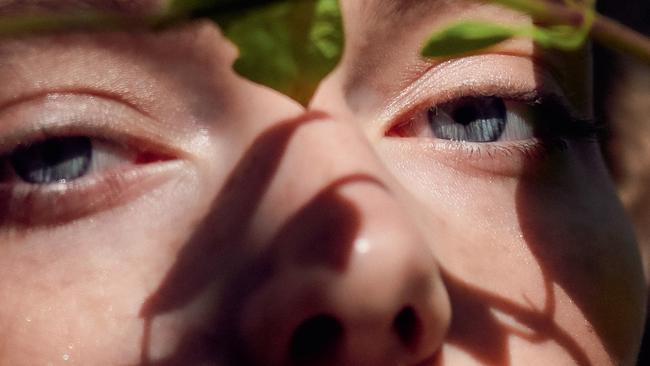
Skincare brands put planet before profit
A swath of pioneering skincare brands are setting new low-impact benchmarks in the process.

Solid-state batteries ‘will secure EVs’ future’
For electric vehicles to truly capture the public’s imagination – and wallets – charging certainty and speed is necessary. Enter the solid-state battery.
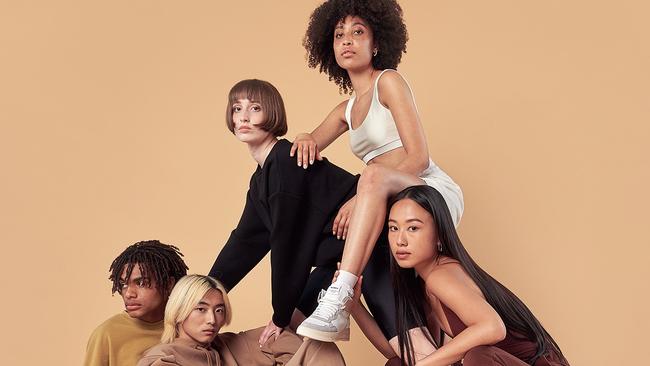
The fashion innovators to know in 2022
French house Hermès turns luxury leftovers into pieces of creative expression, plus the latest in ethical design and the rise of resale.
Excuse me while I run around the house now and remove every device from its powerpoint. “Vampire Energy” accounts for up to as much as 20 per cent of your bill. My app taught me that.
-
Read The List: Green Power Players 2022
Meat-free resistance and a plastic-wrap problem
By Imogen Reid

The trouble with trying to live sustainably is no one is on your side, not even your own family. Sure they make the right noises: “Yes, we’ll eat vegetarian.” “No more non recyclable coffee cups, we promise.” “No more Glad Wrap over every leftover.” But when it comes to it, how serious are they really?
I suppose that’s not the point considering I was the one who accepted the challenge of attempting to live more sustainably for a two-week period late last year. But how can I say no to hitching a ride in a ’59 Cadillac convertible when it’s already parked out the front?
I have only moments to decide my next move.
I wonder whether my family have considered just how many gallons this thing was about to chew up as I frantically mapped my route to Sydney’s Balmoral Beach on public transport.
“But it’s a ’59 Caddie! It’s your mother’s birthday!” they say, pulling my rubber arm.
I weigh up my other options as they get ready to charge off to dinner in a roar of gasoline-fuelled laughter and planet-destroying glee. An Uber pool sounds more eco-friendly but is no longer available here in Sydney because of Covid-19. The hassle is becoming too much and off in the Cadillac I go.
Had I been going to dinner with Greta Thunberg, I’m sure I would have sailed there.
I arrive at the restaurant full of the intention to redeem myself by ordering only meat-free dishes. An hour later I am eating the Jurassic quail and the lamb. It really isn’t easy being green.
I’m not one to do things half-heartedly and despite eating meals with meat most of the time, I honestly thought giving it up entirely would be one of the easier aspects of the challenge.
I’d heard of Meat Free Mondays, an initiative founded by Paul McCartney and his daughters Stella and Mary to encourage people to eat a little healthier while saving animals and the planet. But why stop at Monday?

Turns out I should have. By the weekend I am at a friend’s barbecue where there are beef sausages aplenty. I opt for the vegetarian option, only to later back it up with a cold beef banger. Balance, I mutter. Balance.
You could say the wheels fell off after that, but I did have a few tricks up my sleeve.
I remembered my friend telling me about a company that delivers fresh fruit and vegetables otherwise bound for landfill because of their irregularities. I sign up and wait eagerly for my first box of bounty.
I am struck with inspiration as I look through the ingredients and for the rest of the week enjoy homemade vegetarian curries, corn fritters and veggie-heavy stir fries. To save on waste I eat with my closest friends once a week, each of us getting a little extra for a packed lunch the following day.
I am feeling recharged and ready to tackle my next obstacle: single-use plastics.
It’s funny when you first attune yourself to something and then you start seeing it everywhere. All of a sudden plastic is all I can think about.
Takeaway dinners from my local Japanese restaurant consist of more plastic than food. I manage to avoid using the ubiquitous soy sauce in plastic fish and make up for the excessive amounts of takeaway containers by roping my family into handwashing them all so we can reuse them at home.
Plastic wrap is another hurdle. At the start of the two weeks I reuse whatever is already in the fridge as many times as I can before it becomes a health hazard, trotting off to Woolies to dispose of it in the assigned soft-plastic recycling bins.
Once all the second-hand cling film is used, however, I turn to the Tupperware drawer for solace, which is where I also find the KeepCup I’ve barely been able to use all year. Thanks again, Covid-19.


The discovery gets me thinking about the amount of takeaway coffee cups my household went through in Sydney’s long 2021 lockdown, when any type of reusable options were banned in local cafes. I tallied up 320 in 16 weeks. Thankfully my KeepCup is again back in circulation.
Over the fortnight I become a regular user of Sydney’s train, tram and bus network. And even though waiting at a bus stop in the pouring rain isn’t as glamorous as driving from A to B, at least I can say I am trying.
And try some more I shall.
Going easy on yourself makes the task of living sustainably a little less daunting, especially when it seems like everything in the world is manufactured to lead you astray.

To join the conversation, please log in. Don't have an account? Register
Join the conversation, you are commenting as Logout